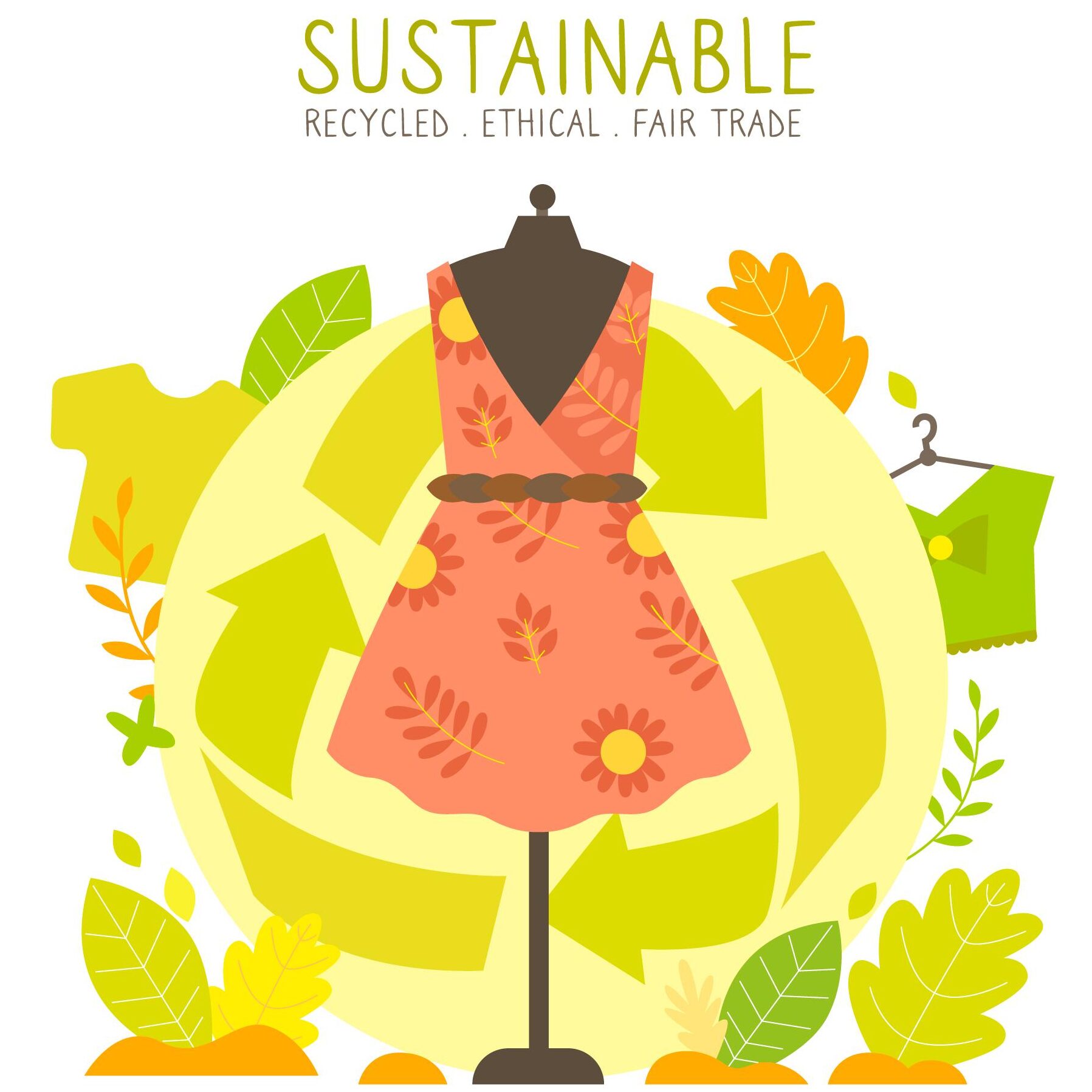Ethical Practices in the Fashion Industry: Catalyzing Sustainable Innovations in the Development Sector
The fashion industry has long faced criticism for its harmful effects on the environment, exploitation of workers, and role in social injustice. However, there is a growing recognition that ethical practices in fashion can play a pivotal role in driving sustainable innovations and positively influencing the development sector. By adopting sustainable and ethical approaches, the fashion industry may address environmental and social issues, support fair trade, and help to realize global development objectives. This article explores the value of ethical behavior in the fashion industry and its correlation with the development sector, emphasizing the potential for sustainable innovations.
Sustainable Innovations in Fashion
The idea of sustainability in the fashion industry includes several facets, such as ethical material sourcing, waste reduction during production, the promotion of fair labor practices, and the promotion of open supply chains. Fashion firms may lessen their environmental impact, combat climate change, and aid in the preservation of natural resources by adopting sustainable innovations. For instance, using eco-friendly textiles such as organic cotton, hemp, or recycled materials can greatly cut down on the water use and chemical pollution caused by traditional textile production.
Ethical Labor Practices
Low pay, unpleasant working conditions, and child labor are just a few of the exploitative labor practices that the fashion business is frequently linked to. Ethical practices and policies in the fashion industry should be mandated and implemented—such as fair compensation, secure working conditions, and observance of garment workers’ rights. Fashion firms can empower employees, promote local communities, and help combat poverty by putting an emphasis on ethical labor standards. Additionally, programs such as fair trade certification guarantee that producers get a fair part of the earnings, allowing them to invest in their communities and promote sustainable development.

Supply Chain Transparency
Complex international supply chains in the fashion industry are often criticized for their lack of transparency. However, by implementing supply chain transparency measures, brands can identify and address issues such as child labor, forced labor, and unsafe working conditions. Consumer decision-making is made possible through transparency, which also encourages accountability and drives industry improvement. Through the use of blockchain technology and certifications like the Global Organic Textile Standard (GOTS), brands can trace their supply chains, ensuring that ethical standards are met at every stage of production.
Empowering Local Artisans and Communities
Sustainable fashion also entails strengthening marginalized communities, conserving traditional craftsmanship, and assisting local artisans. Fashion companies may support cultural diversity, create job opportunities, and aid in community development by working with craftspeople in developing nations. By incorporating traditional techniques into modern designs, the fashion industry can create unique, ethically-made products that appeal to socio-politically conscious consumers, fostering a more inclusive and sustainable sector.
Correlation with the Development Sector
Ethical practices in the fashion industry are intertwined with global development goals. Sustainable fashion efforts support and are essential in catalyzing the Sustainable Development Goals (SDGs), like, reducing poverty, fostering ethical consumption and production, combating climate change, among others. Fashion brands may directly contribute to these global objectives and promote change on both a local and global scale by incorporating ethical standards into their operations.
Conclusively, the fashion industry has a great opportunity to reshape its practices and contribute to sustainable innovations in the development sector. Fashion companies may reduce their environmental impact, support fair labor standards, improve supply chain transparency, and give underrepresented communities more power by using ethical business practices. The correlation between ethical fashion and sustainability is undeniable; with the potential for catalyzing positive change and inspiring innovative ideas. Recognizing the fashion industry’s enormous potential to build a more just, sustainable, and prosperous future for all—it is critical for consumers, companies, and policymakers to support and prioritize ethical business practices.
Published on July 10, 2023.
Stay tuned for new blogs every Monday!
Follow the iMPACT Magazine on social media for more informative content.






